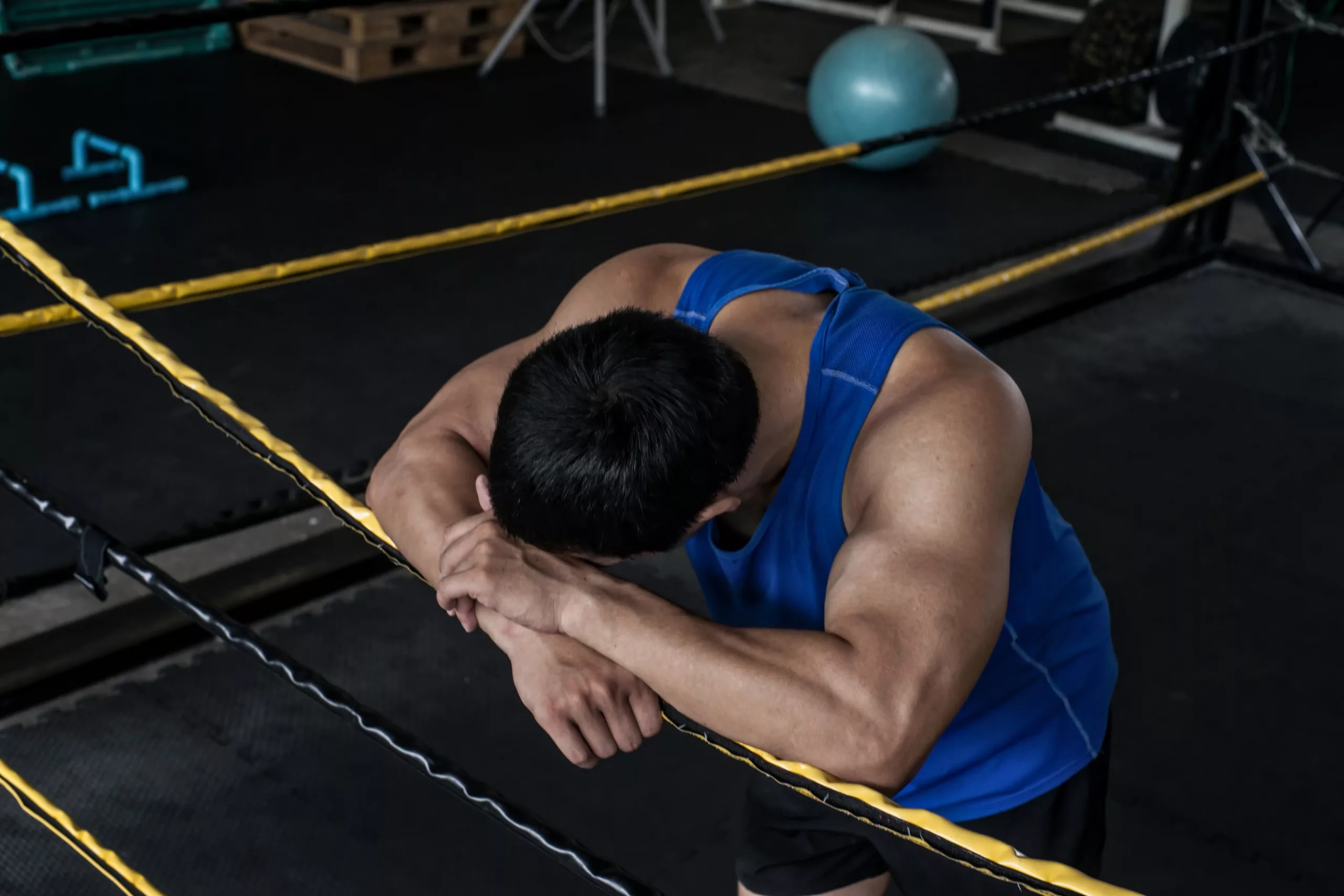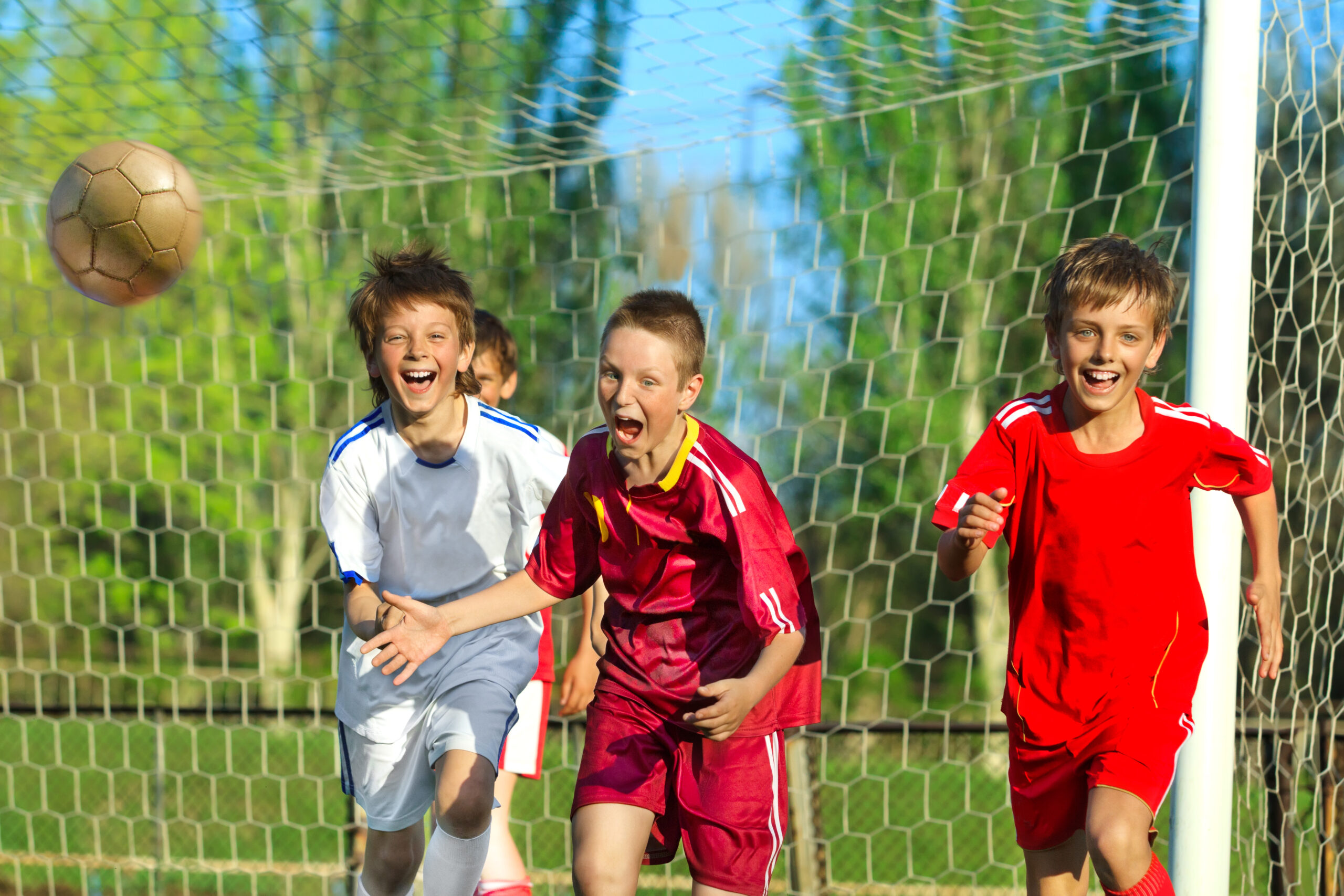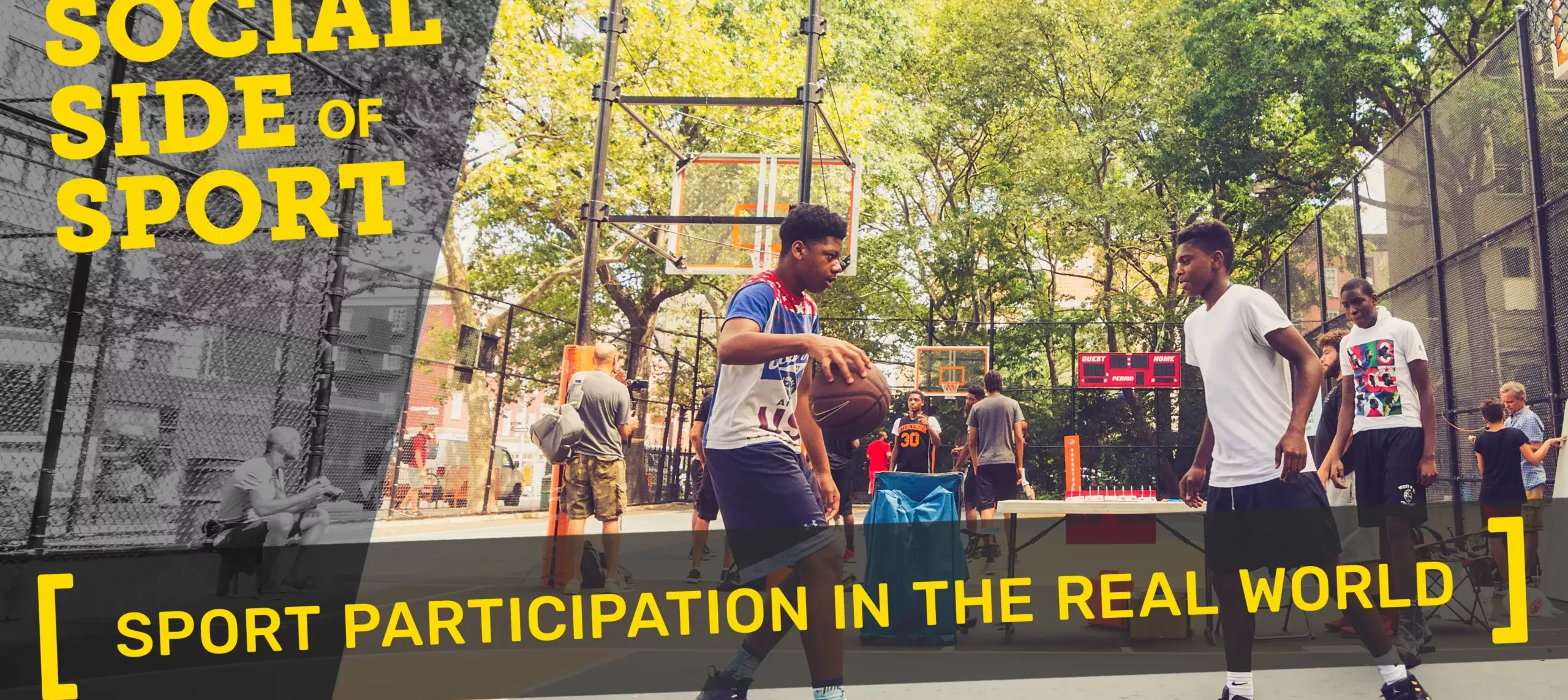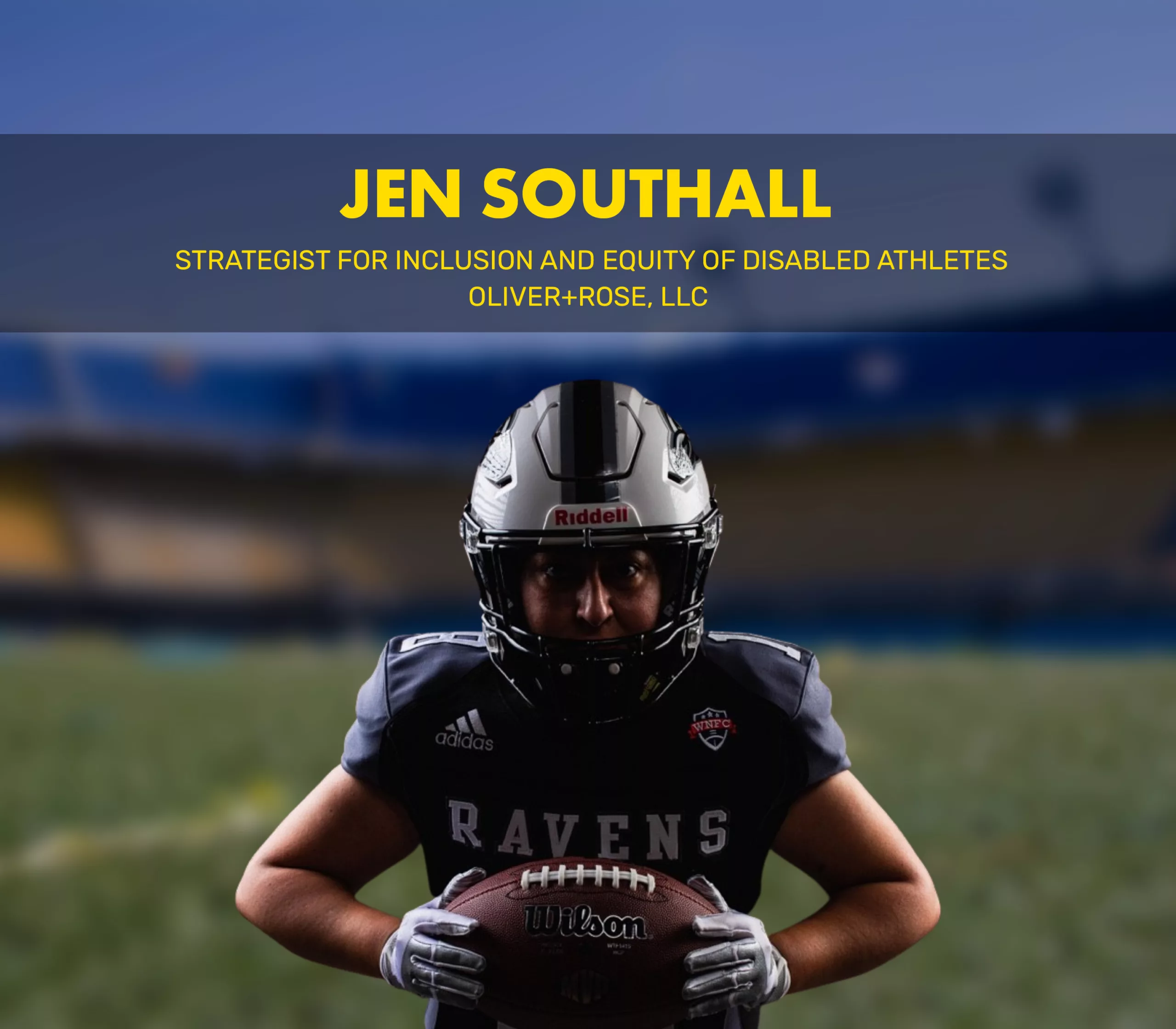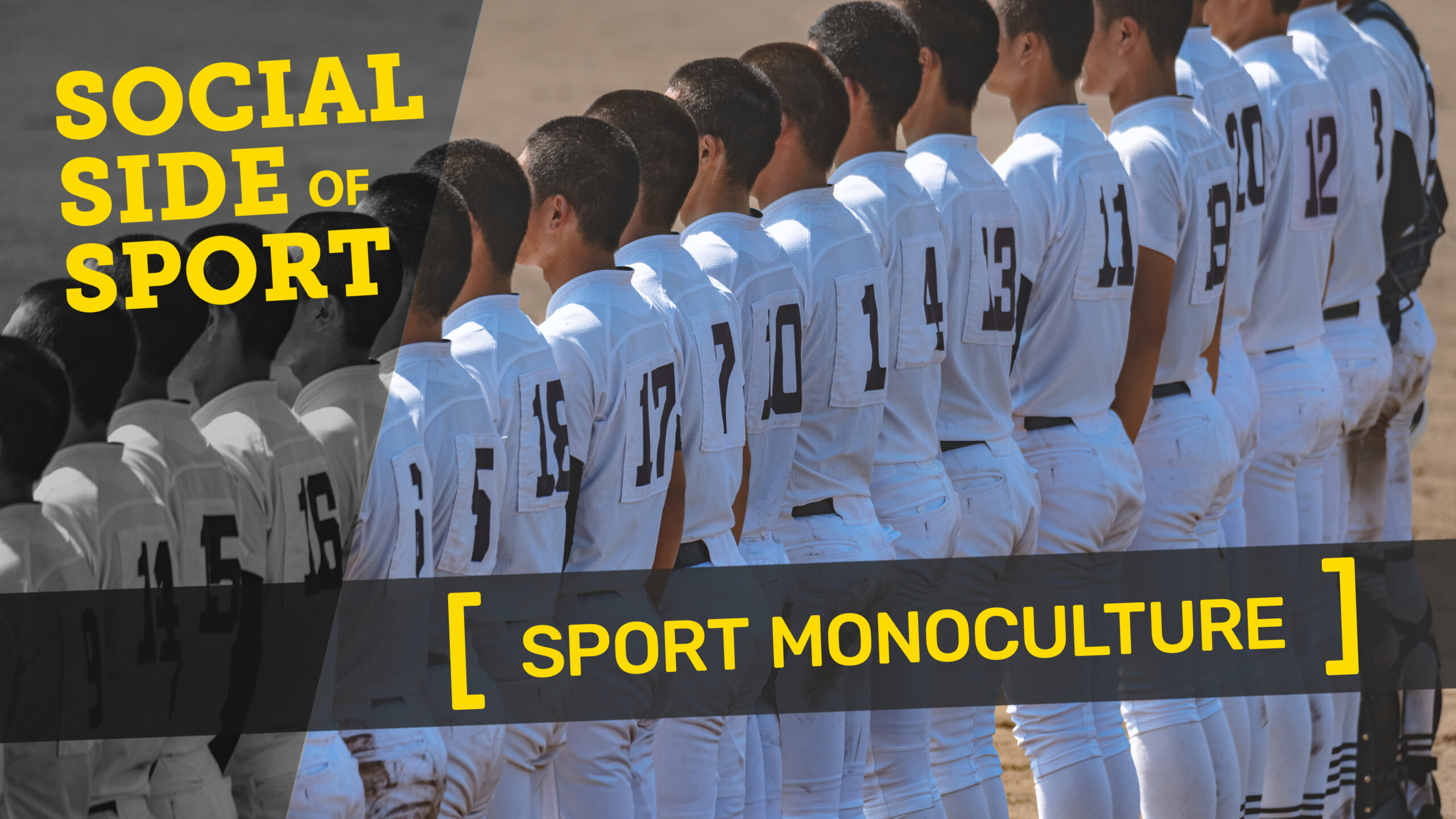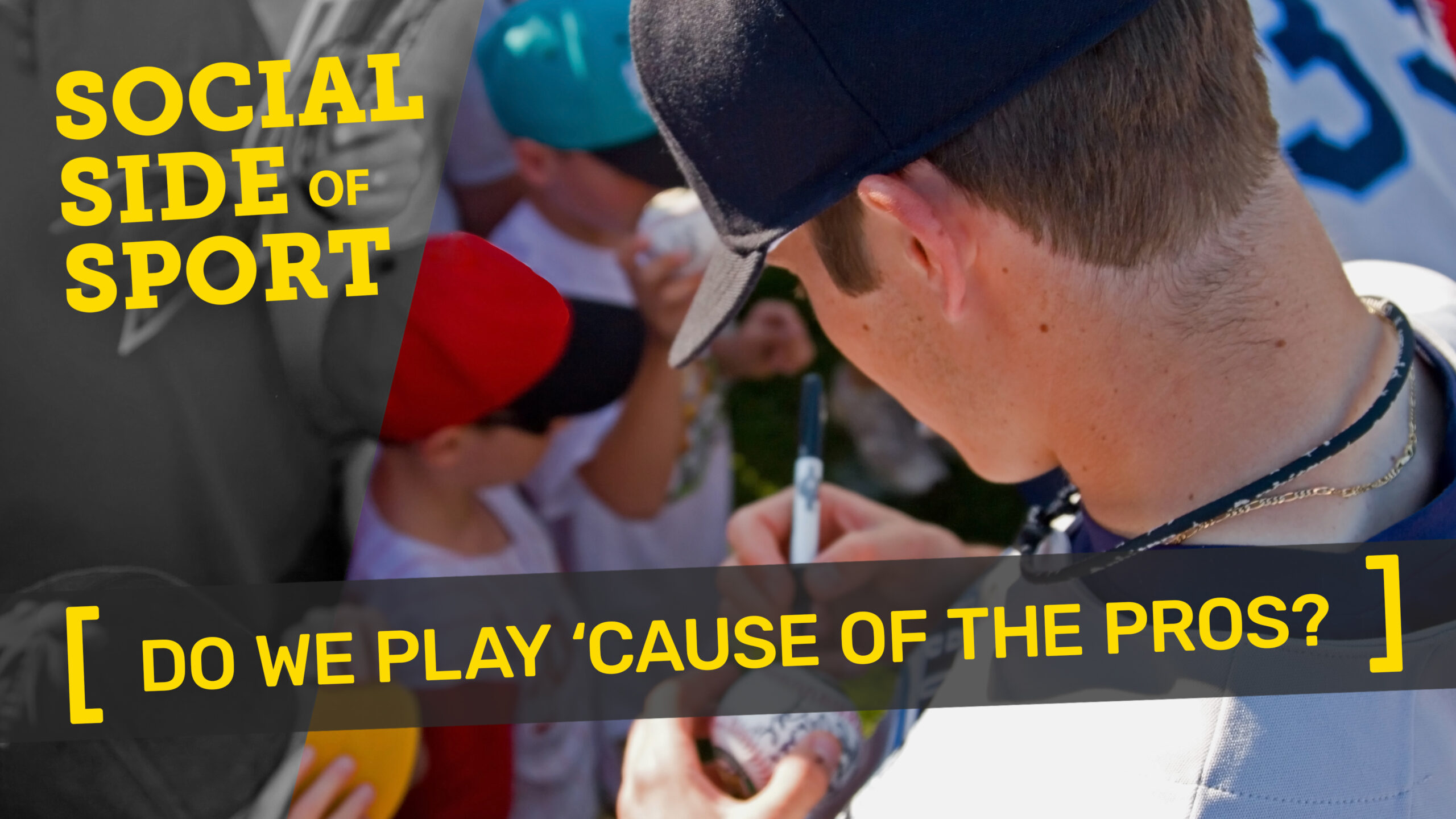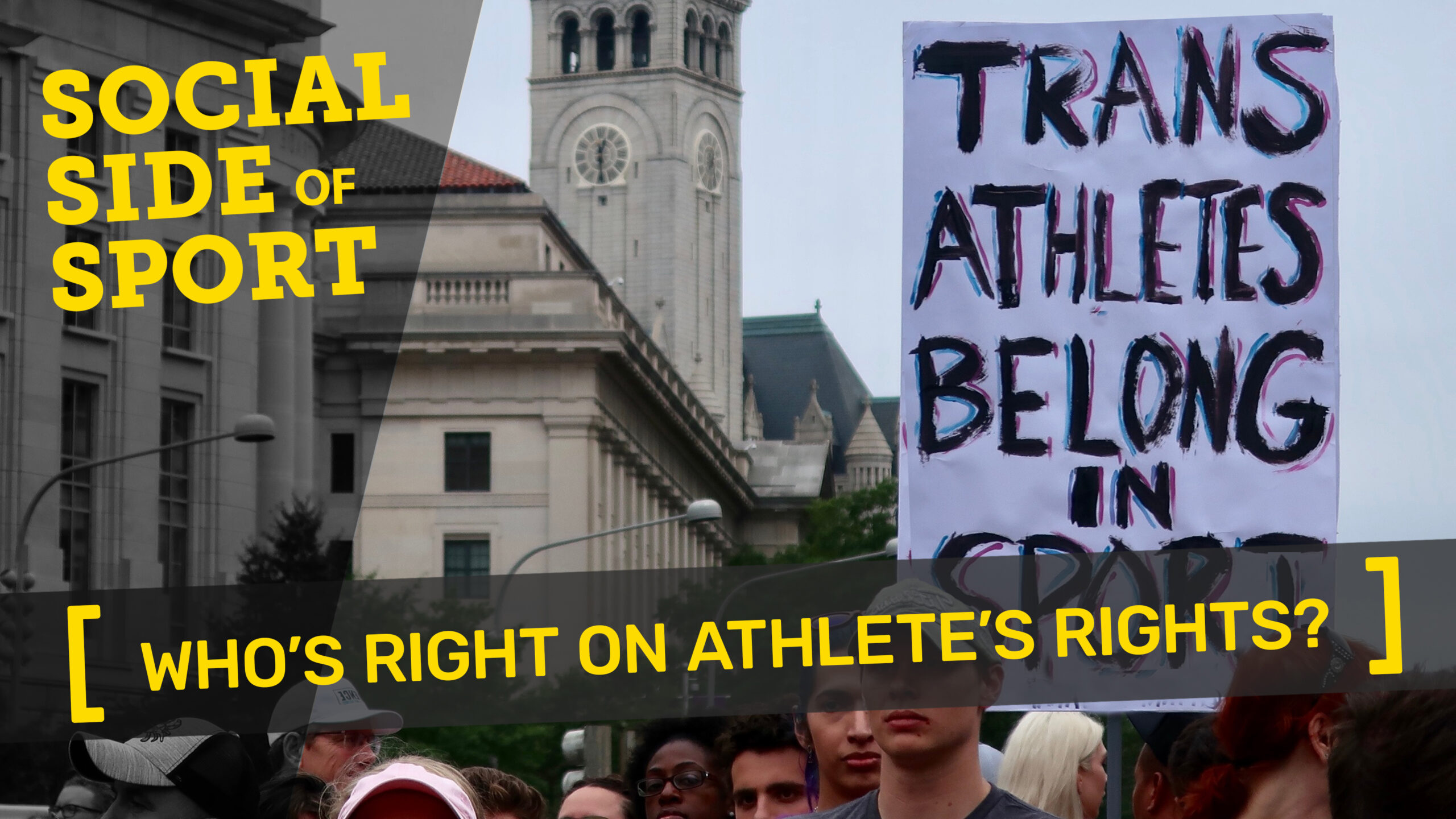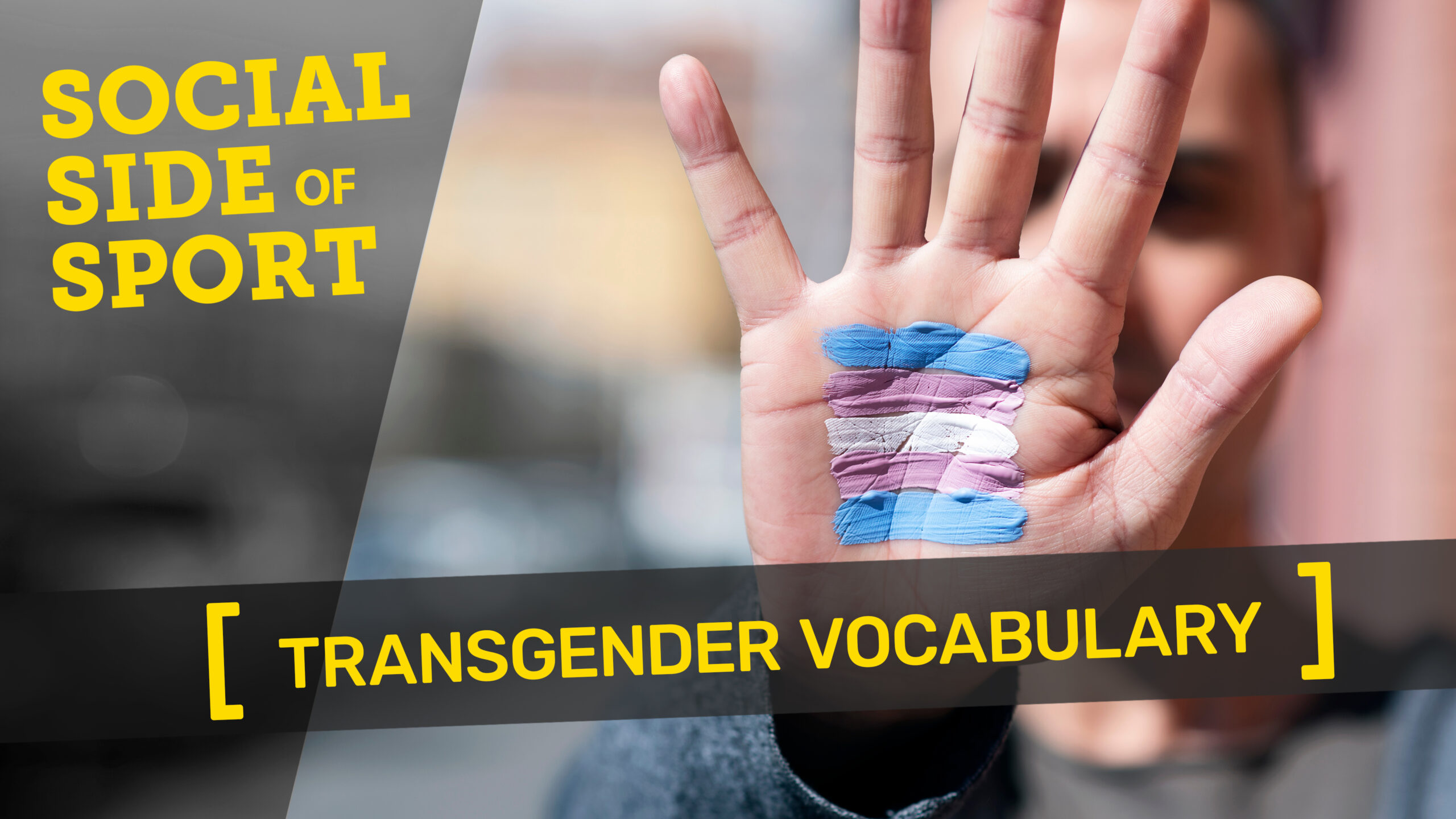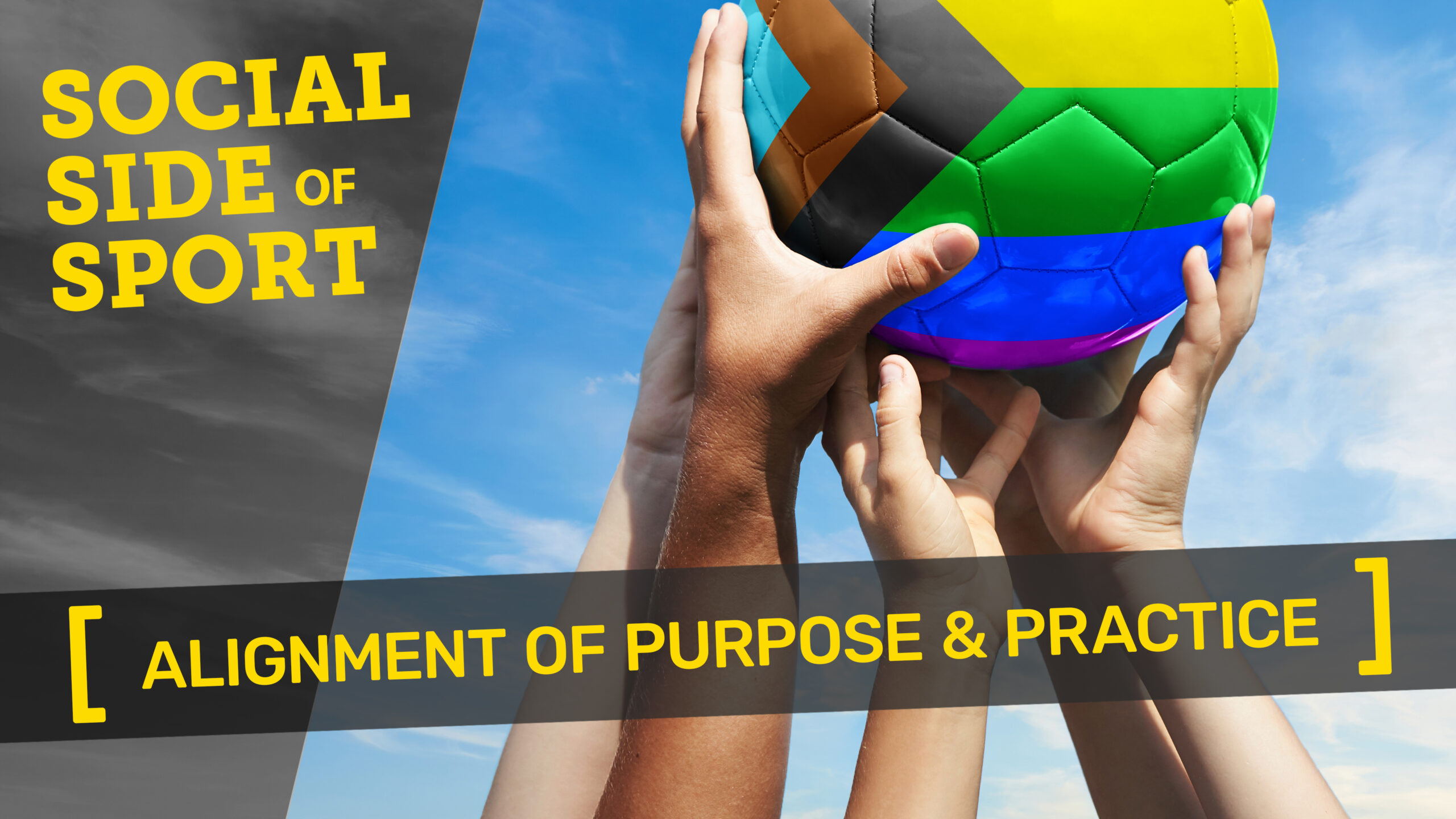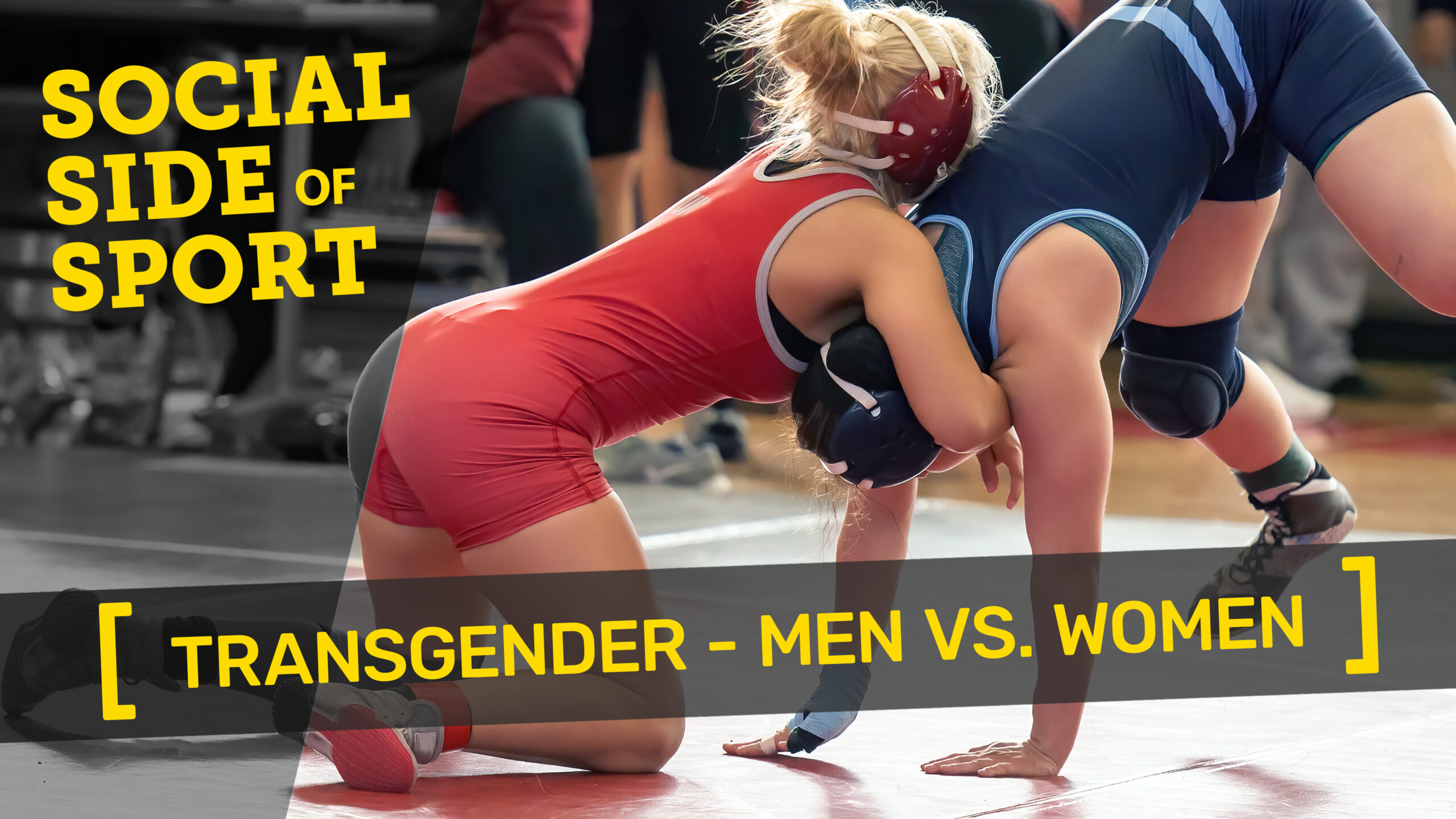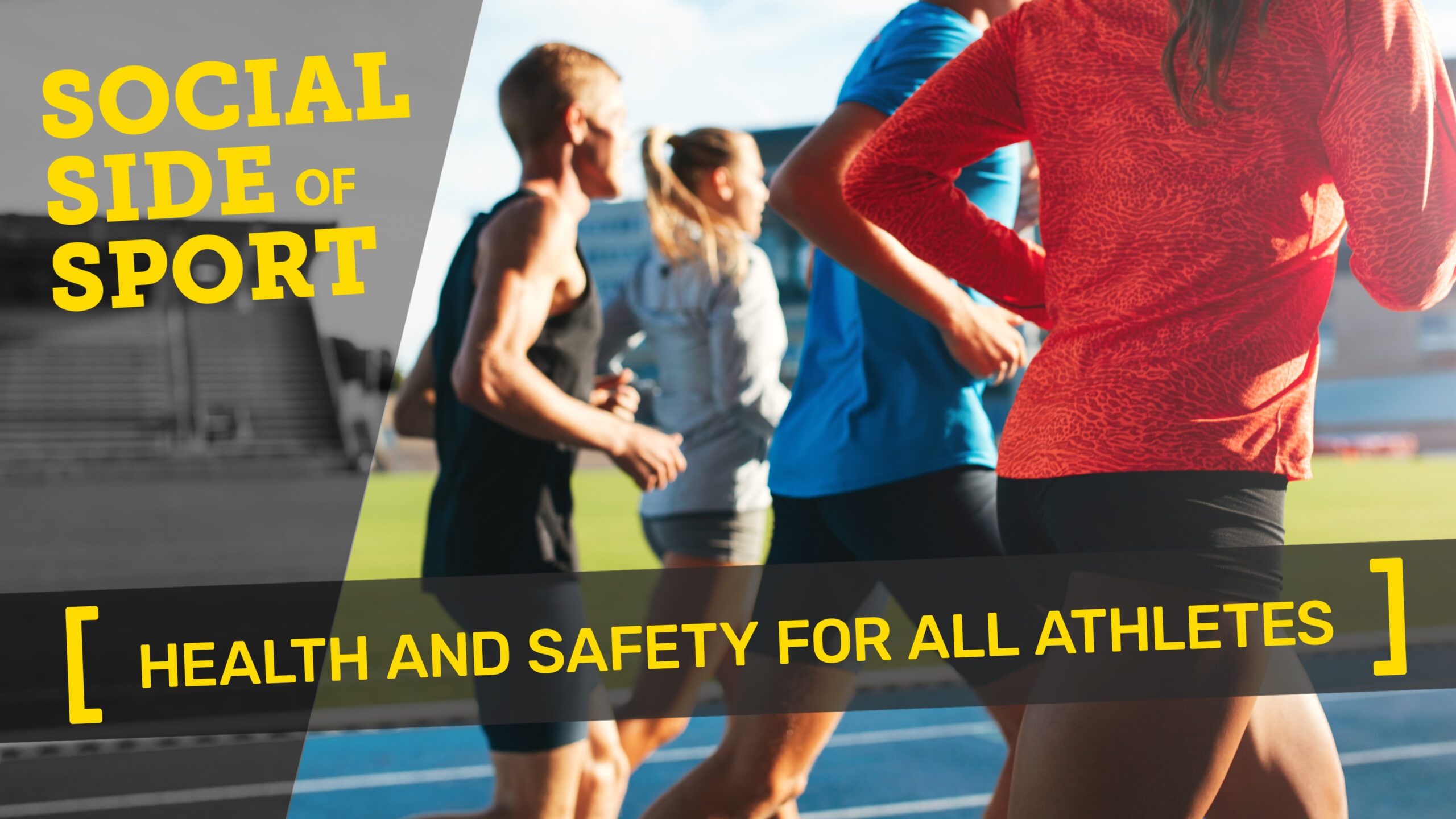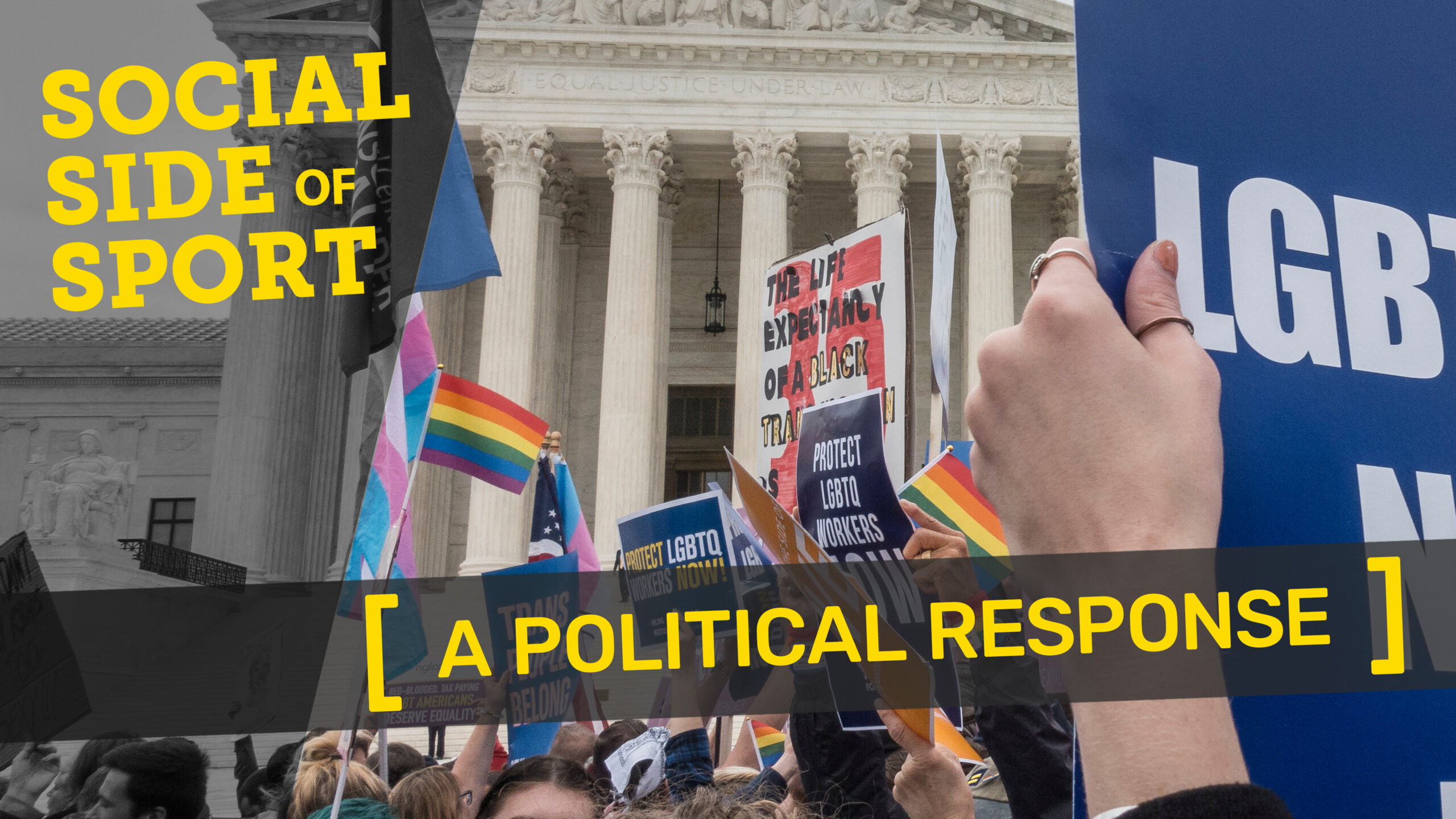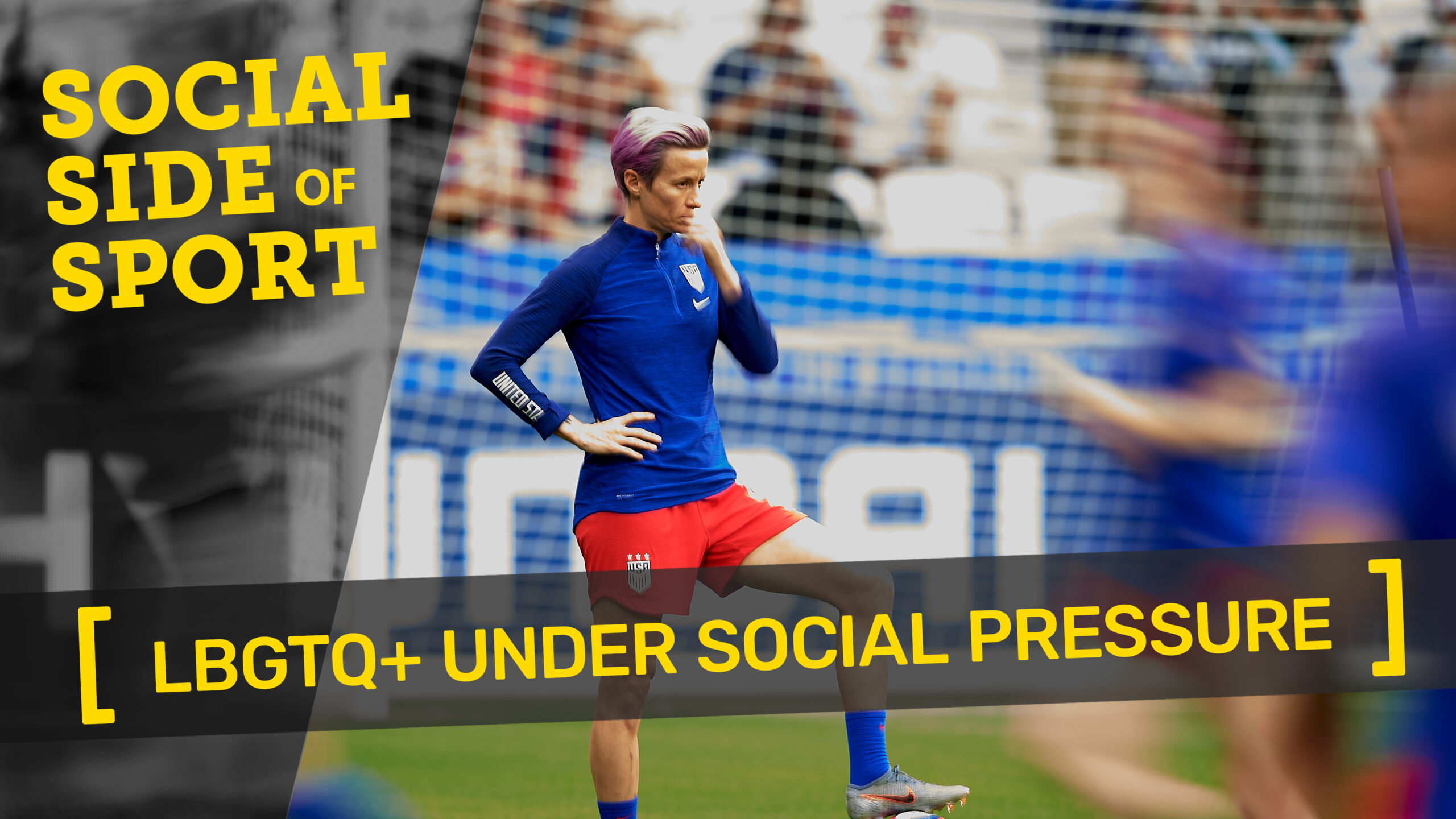Sport Knowledge plays a crucial role in understanding the dynamics of different sports, including para-sports. The mental health of athletes, particularly those participating in para-sports, has been a topic of growing interest and concern in recent years. Let’s take a peek at the current state of research on well-being and quality of life in people with disabilities engaged in sports, athletes with disabilities, and para-athletes.
With a growing recognition of the importance of mental health in sports performance, there’s been an increasing focus on the well-being of athletes. This attention is particularly noteworthy in the case of athletes engaged in para-sports, a sector that has been historically under-represented in research.
Defining Well-Being
Global Well-Being (GWB) is a multifaceted construct that can be analyzed from subjective and objective perspectives. The subjective perspective includes two dimensions: hedonic and eudaimonic standpoints. Hedonic well-being relates to how individuals experience and rate different aspects of their lives, while eudaimonic well-being pertains to psychological and social well-being. Objective well-being, on the other hand, is defined in terms of quality-of-life indicators.
Understanding Disability
Disability can be defined as a difficulty in functioning at the body, person, or societal level, in one or more domains. People with disabilities represent a large portion of the global population and often face barriers that hinder their full participation in society, including access to sports activities.
Well-Being and Quality of Life in People with Disabilities Practicing Sports
Engaging in regular, structured physical activity like sports participation is a crucial way to cope with disability. Sports participation can result in improved inclusion, enhanced self-acceptance, and social acceptance. However, compared with their able-bodied peers, disabled athletes, also known as para-athletes, undergo a unique series of stressors.
Several studies have explored the psychological benefits of competitive sports for disabled individuals. For instance, para-sports such as para-swimming and wheelchair sports have been shown to facilitate self and social acceptance, improve the quality of life, reduce anxiety, and increase self-esteem.
Challenges Faced by Para Athletes
Despite the benefits, para-athletes face several sport-specific and disability-specific stressors that could potentially harm their well-being. These include heavy training schedules, psychological challenges like internal and external pressures, transition phases, and logistical-organizational stressors, as well as injuries and performance plateaus.
Available research has emphasized the value of different forms of physical activity, either unstructured or structured (including exercise and sport), in terms of the promotion and enhancement of various components of well-being and physical self-perception, with a “multiplier effect”.
Existing Research Gaps and Limitations
While the existing research provides valuable insights, there are several gaps and limitations. For instance, there is a lack of comparative data exploring the differences in well-being between para-athletes and individuals with disabilities who do not play competitive sports.
To read more about this subject and others, go to www.SPKNmedia.org and browse our video library, read through our research database, or check out the incredible resources available inside the SPKN Sport Knowledge Center.



